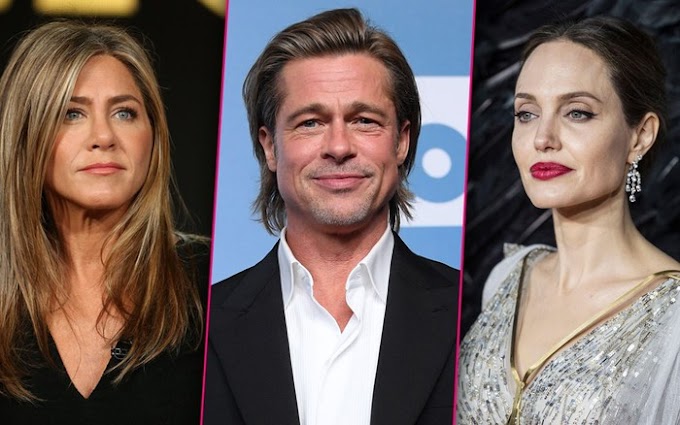Some might think it takes nerve for the creator of Nanny McPhee on screen to accuse someone else of being "twee", but that is what Emma Thompson has done, levelling the criticism at Audrey Hepburn.
"I find Audrey Hepburn fantastically twee. Twee is whimsy without wit," she said. "It's mimsy-mumsy sweetness without any kind of bite. And that's not for me. She can't sing and she can't really act, I'm afraid. I'm sure she was a delightful woman – and perhaps if I had known her I would have enjoyed her acting more, but I don't and I didn't, so that's all there is to it, really."
Thompson's comment arose from interviews she has given to the trade papers about her screenplay for the projected remake of My Fair Lady, the 1964 film starring Hepburn based on the hit Broadway show, based in turn on the 1913 Shaw play Pygmalion, about the arrogant phonetics professor who swears he can turn Cock-er-ney gal Eliza Doolittle into a well-spoken Princess. Mortifyingly for Julie Andrews, who had played Eliza on stage, she was replaced for the film by Hepburn, who was thought to be better box office.
Thompson has taken some stick for this comment.
Knocking Audrey Hepburn is akin to sacrilege in some quarters. But I think Thompson has a very real point. There is something weird and waxworky about Hepburn sometimes, even or perhaps especially in her "iconic" role of Holly Golightly in Breakfast At Tiffany's (1961). When I last watched this film, almost 10 years ago, I remember finding it charming at times, but the effortful artificiality of the Holly character looks odder as the years go by: her original character in Truman Capote's 1958 novella as a good-time girl reliant on gifts from infatuated older gentlemen has been evasively airbrushed to create supercilious childlike innocence.
In a fascinating essay, feminist critic Joan Smith expresses her own exasperation at the gamine Hepburn/Golightly cult. She finds the character contrived and artificial. And I have to say that the image on which so much adoration is lavished – the cigarette holder, the pearls etc etc – looks often like a fashionista creation and not a real flesh and blood woman. Unlike with Grace Kelly, the crisp elegance did not appear to suggest concealed sexual fire.
Perhaps Hepburn's persona was governed for ever by her more interesting and more relaxed performance in Roman Holiday from 1953, in which she played a royal personage mingling with the commoners and befriending Gregory Peck's newspaper reporter. Playing a royal successfully does tend to have a way of setting certain stately characteristics in stone. Edward Fox and Michael Kitchen have perhaps suffered a little from this.
But perhaps there is something irredeemably twee in the character of Eliza Doolittle herself, a posh person's fantasy of the working class. Thompson may have her work cut out re-inventing Eliza. She has traditionally been cast from the posh end — that is, getting a non-cockney star to play the role, who has to "act" lower-class at the beginning and then relax with her own voice as things go on. (Martine McCutcheon, in her short-lived performance as Eliza Doolittle for the National Theatre in London in 2002, was a rare example of casting the other way about: she could be herself, or an approximation of herself, at the beginning, and then climb the vocal class ladder.)
Hepburn is an intriguing figure, but I think Emma Thompson is entitled, more than entitled, to poke this sacred cow.







